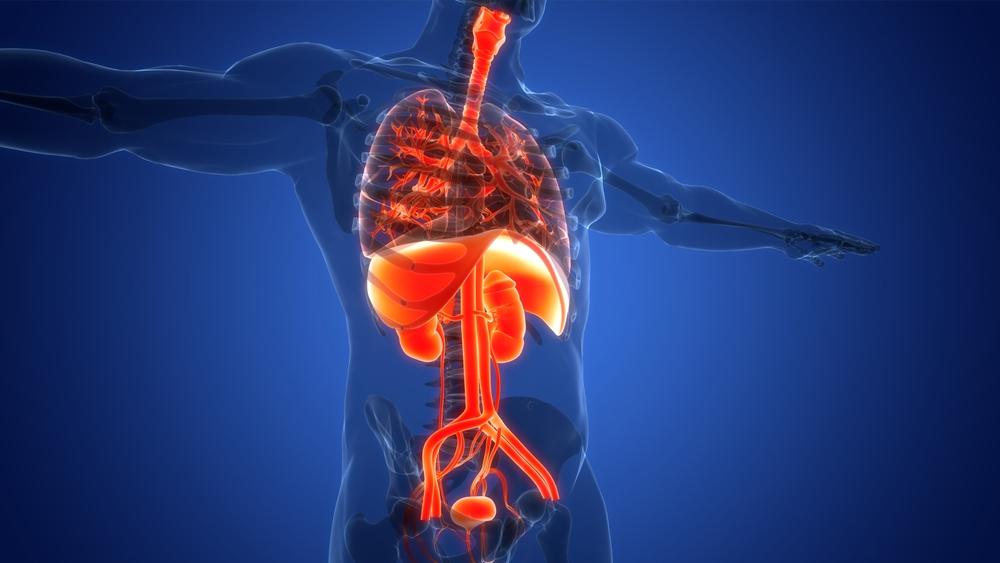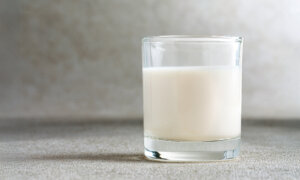The human body is a remarkable system, intricate and finely tuned. Each internal organ fulfills a specific role to ensure the body’s efficient functioning. In particular, the heart, kidneys, lungs, liver, and spleen are vital organs that become increasingly susceptible to various issues as we age.
Traditional Chinese medicine (TCM) methods for protecting these five essential organs can be used to promote overall health from the inside out.
Caring for Your Heart
Heart disease is a serious health threat, and the risk of developing it increases as we age. The incidence of heart attacks can also be influenced by environmental factors such as temperature and even time of day.
Extreme temperatures put additional strain on the heart, increasing the risk of cardiovascular events. The heart is sensitive to significant temperature variations, as they can cause blood pressure to fluctuate, raising the risk of sudden death.
Two simple ways to support heart health and prevent heart disease include:
1. Emergency Acupressure
When experiencing difficulty breathing or a rapid, pounding heartbeat, pressing the Yangxi acupoint can be life-saving. The Yangxi acupoint is located on the back of the hand, just below the thumb.
Pressing this acupoint for three to ten minutes can help stabilize heartbeat and blood pressure, making breathing easier. For those who suffer from irregular heart rhythms or a rapid heartbeat, pressing this acupoint can help alleviate symptoms.

Location of the Yangxi acupoint. (The Epoch Times)
According to TCM, meridians are the channels through which energy flows in the human body. The internal organs are connected to the body’s surface through these meridians. Along the meridians are specific points known as acupoints, which possess unique functions. By stimulating the corresponding acupoints through techniques like acupuncture and massage, it’s possible to treat diseases related to specific organs.
2. Drink Warm Water Before Bed
A
clinical study found that the highest incidence of myocardial infarction (heart attacks) occurred between 8 and 9 a.m., with a rate 3.8 times higher than between midnight and 1 a.m. Drinking a small cup of warm water before bed can help reduce blood viscosity in the early morning, lowering the risk of heart attacks. Consistently following this practice can also support long-term heart health.
However, improper timing of water intake can also harm the heart. For example, drinking cold beverages after exercise can cause blood vessels to constrict, leading to increased blood pressure and a higher risk of heart attack. One case report described a 36-year-old man who suffered a heart attack after drinking a cold beverage following strenuous exercise despite having no other risk factors for coronary artery disease.
Common Habits That Harm Your Kidneys
The kidneys are particularly vulnerable to excessive salt intake and dehydration. Foods high in sodium can cause blood vessels to constrict, impeding proper blood flow and increasing the risk of high blood pressure and kidney stones. Over time, this could lead to the need for dialysis.
A 2023 study published in JAMA Network Open showed that a higher frequency of adding salt to food was associated with an increased risk of developing chronic kidney disease. The study suggests that reducing the amount of salt added to food is a viable strategy for the general population to lower the risk of chronic kidney disease.
The following signs may indicate excessive salt consumption:
- Feeling bloated or experiencing swelling (edema)
- Persistent dry mouth and thirst, even after drinking plenty of water
- Elevated blood pressure
Staying adequately hydrated is essential for kidney health. When the body is dehydrated, the kidneys cannot effectively filter the blood, which can eventually lead to kidney damage. Eating overly salty foods while not drinking enough water strains the kidneys.
You can gauge hydration levels by the color of your urine:
- Pale yellow indicates proper hydration
- Dark urine suggests dehydration
- Very light-colored urine indicates excessive water intake
Simple Ways to Prevent Lung Damage
The lungs and respiratory system form the body’s first line of defense, aiding in protection against external threats. The lungs are also considered the body’s most delicate organ.
There are several key practices for maintaining lung health:
- Avoid smoking, including exposure to secondhand smoke.
- Avoid inhaling vehicle exhaust. Wear a mask when riding a motorcycle.
- Avoid inhaling cooking oil fumes. Use a range hood while cooking or ensure good ventilation.
- In TCM, the lungs are associated with the color white, and eating white foods is believed to nourish them. Examples include Chinese yam and lotus root, which can be stir-fried or added to soups; white fungus, which can be used in desserts; and pears, which make an excellent dessert.
One study indicated that the glycoprotein in Chinese yam has anti-inflammatory and immunomodulatory properties, significantly improving the survival rate of mice with acute lung injury.
Protecting Your Liver by Managing Emotions
A calm and positive attitude towards life benefits liver health, as the liver is sensitive to emotions like depression and anger. The ancient Chinese text “The Yellow Emperor’s Classic of Internal Medicine (Huangdi Neijing)” states, “Anger harms the liver,” meaning that anger can disrupt the energy flow within the liver system, impairing its function and potentially leading to other health issues.
Milder cases of anger and depression may result in symptoms such as eye pain, insomnia, or bloating. In more severe cases, it can damage the liver and stomach in men, and in women, may affect the breasts and uterus, leading to conditions such as uterine fibroids and fibroadenomas.
Research has demonstrated that people experiencing psychological distress, such as anxiety or depression, have a significantly higher risk of dying from liver disease. The findings suggest that emotions like sadness and frustration can be harmful to liver health.
Techniques like deep breathing are recommended to manage emotions. When angry, start by taking slow, deep breaths for about 10 seconds. This can activate the parasympathetic nervous system and help calm your emotions.
Boosting Spleen and Stomach Health With Acupressure
According to TCM, the spleen and stomach are responsible for digestion, nutrient absorption, and metabolism. Poor eating habits, such as irregular meals, overeating, or extreme hunger, can damage the spleen and stomach.
When the spleen and stomach become weakened, digestive function declines, leading to the accumulation of toxins in the body. This can, in turn, trigger diseases like high blood pressure, diabetes, and high cholesterol. Weakened digestive function may also compromise the immune system, making the body more susceptible to other illnesses.
Consuming cold foods, cold drinks, and strongly flavored foods can also harm the spleen and stomach. “Strong flavors” do not refer solely to overly salty foods, they also include those that are excessively sour, bitter, sweet, or spicy. Therefore, eating in moderation and avoiding overly stimulating foods is crucial to protect the spleen and stomach.
Additionally, stimulating the Zusanli acupoint helps strengthen the spleen and stomach. The Zusanli point is located directly below the outer knee, approximately four fingers’ width down. Regularly tapping this acupoint can improve spleen and stomach-related conditions and boost the immune system.

Location of the Zusanli acupoint. (The Epoch Times)
These natural TCM methods can help protect the five vital organs and enhance overall health.
Note: Treatment methods may vary depending on the individual. Please consult with a health care professional for a specific treatment plan.














